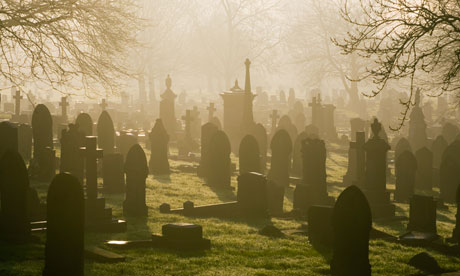Joint event organised by the Media Study Group and Social Aspects of Death, Dying and Bereavement Study Group
15th November, 10:30am - 4:30pm
BSA London Meeting Room, Imperial Wharf
Theme: Death and the Media
In a time of 24/7 news channels, easy access to the internet and a burgeoning celebrity culture, death is an important source of news for journalism. Framed by ongoing discussions about the visibility of death within Western Society, death in the media adds an interesting and valuable contribution to debates about death denial and death as taboo.
This symposium will bring together academics from Sociology and associated disciplines to consider the coverage of death in the media and what this may reveal about the status of death in contemporary society more generally. Papers on the day will cover popular images of death in tabloid journalism/magazines; news realism and the representation of “ordinary deaths”; accidental, extraordinary and sensational media accounts of death; news constructions of mourning; blogs and alternative (lay) views of death; the death of celebrities in the news; ethical issues in reporting /photographing death; compassion, morality and the reporting of death and suffering.











